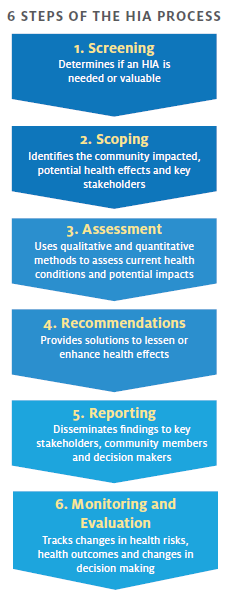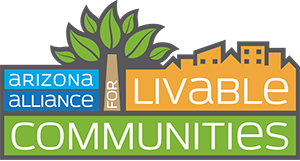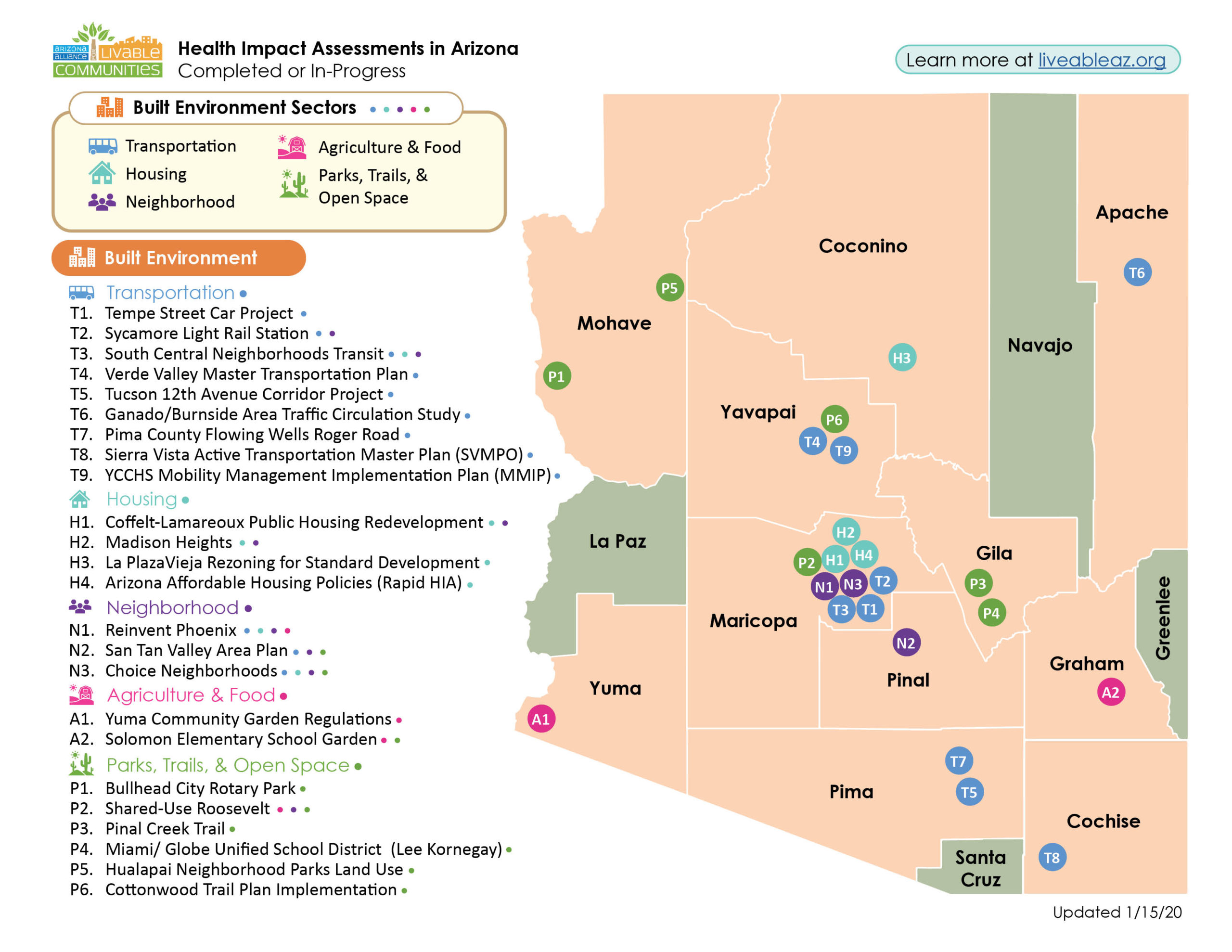Health Impact Assessments

About Health Impact Assessments
A Health Impact Assessment (HIA) is a data-driven, community-based tool used to assess the potential health impacts of a policy, project, program or proposal. The goal of a HIA is to ensure that health and health equity are considered in decision-making using an objective and scientific approach, and engaging stakeholders in the process.
HIAs have been used at the national, state, and local levels for a variety of proposals including: transportation, housing, urban plans, pay equity policies (such as paid sick days) and nutrition standards. Explicit health impacts highlight health disparities and provide recommendations to shape public decisions and discourse. The purpose of the HIA process is to engage and empower communities, emphasize lay knowledge in decision-making, strengthen relationships and collaboration, and build consensus around decisions.
HIA consists of six-steps. These steps can be done quickly, using currently available data (or a “rapid HIA”) or these steps can be done over a longer period of time, involving a more robust data collection phase (or a “comprehensive HIA”). HIAs are used as a vehicle to include health in decision-making processes that would normally consider health impacts, and to bridge the gap of health inequities.
Arizona HIA's
Since 2010, AALC has been involved with and completed over twenty HIAs around the state. We are currently working to develop HIA profiles for all Arizona HIAs to be posted here at a future date. In the meantime, please feel free to contact us to learn more about previous, current, or future HIA projects. Or, check out our resource page for helpful HIA and Health in All Policies Materials.
HIA by Categories
- Tempe Street Car Project
- Sycamore Light Rail Station
- South Central Neighborhood Transit
- Verde Valley Master Transportation Plan
- Tucson 12th Avenue Corridor Project
- Ganado/Burnside Area Traffic Circulation Study
- Pima County Flowing Wells Roger Road
- Sierra Vista Active Transportation Master Plan (SVMPO)
- YCCHS Mobility Management Implementation Plan (MMIP)
Resources
Click here to view completed HIAs and their project profile.
For HIA resources and materials here.
Completed HIAs in Arizona:
- Tempe Street Car Project
- Sycamore Light Rail Station HIA
- Coffelt-Lamareoux Public Housing Redevelopment HIA
- Reinvent PHX
- Madison Heights HIA
- Bullhead City Rotary Park HIA
- South Central Neighborhoods Transit HIA (SNCTHIA)
- Shared-Use Roosevelt HIA (SHUR)
- Pinal Creek HIA
- Verde Valley Master Transportation Plan HIA
- Yuma Community Gardens
- Tucson 12th Ave. Corridor Project
- Ganado/Burnside Traffic Circulation Study HIA
- Lee Kornegay School Playground, Miami AZ
- HIA of a Rezoning to Allow for the Standard Development
- Flowing Wells Roger Road HIA
- Hualapai Neighborhood Parks HIA
- Active Transportation in Sierra Vista
- Yavapai County Mobility HIA
- Solomon Community Garden & Multi-Use Trail HIA (In progress)
- San Tan Valley Area Plan HIA
- Choice Neighborhoods HIA
- Cottonwood Trail Plan Implementation
Other HIA Resources:

